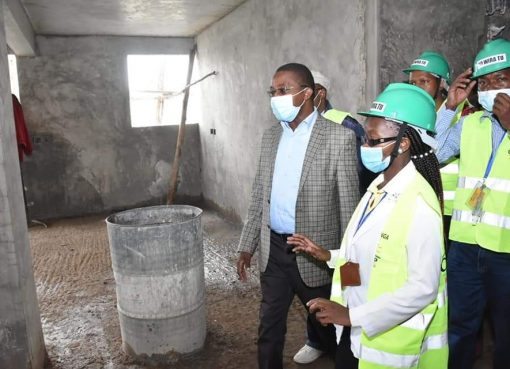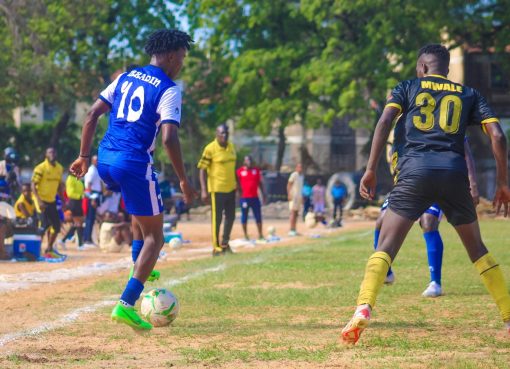The Uasin Gishu Youth Initiative with Zizi Afrique Foundation, a local non-governmental organisation organised a successful dissemination of a report on the assessment of life skills and values (ALiVE) among teenagers in Eldoret.
The initiative seeks to enhance Kenyan education systems among school-going children within the age of 13-17 years by equipping them with the skills and values for learning, living and for working.
Speaking during the report launch, ZiZi Afrique Uasin Gishu County Coordinator Joshua Kemboi, said the skills include problem-solving, collaboration, self-awareness, and respect, with literacy and digital literacy as additional areas.
The coordinator said that in order to promote early childhood development, the national curriculum should emphasize the development of life skills and values as there has been less emphasis on life skills and values.
“We need to incorporate life skills and values in the curriculum from pre-primary to university level to churn out a graduate ready for the job market,” he said.
The study targeted a total of 17,276 adolescents from 14,197 households aged 13-17 years from 798 enumeration areas in 20 counties for assessment, and it found that only 5 percent of the adolescents are proficient in problem solving.
“Most (55 percent) adolescents are able to recognise the existence of a problem from one perspective and act on that to identify a possible solution. They are, however, unable to identify multiple approaches to solving a problem,” the report reveals.
The findings further indicate that only 9 percent of adolescents are proficient in self-awareness whereas most adolescents can regulate their emotions (70 percent) but remain unaware of the multiple ways in which others might perceive and react to the situations.
“Only 6 percent of adolescents express high respect for others and most (52 percent) adolescents are able to interpret bad behaviour as a lack of respect for others and may take conciliatory steps to resolve situations. However, they may be unable to act respectfully in defence of others and self,” notes the report.

The report further illustrates that one in ten percent (10 percent) of adolescents are proficient in collaboration and most (47 percent) adolescents collaborate through speaking, being attentive in discussions and engaging actively in performance tasks but are unable to take a position, contribute ideas, and prompt others.
“Half (50 percent) of the adolescents can get on to the internet with ease while twenty-seven percent of the adolescents could not use the technology at all, while 23 percent could do so with difficulty,” the report indicates.
Uasin Gishu County Executive Committee Member for Education, Technical Training, Gender, Social Protection and Culture, Dr. Janet Kosgei said that these findings will inform the implementers in finding the solutions and be able to identify what to improve on the life skills and values among the learners.
“There is a need for sensitization and retraining of upskilling among learners so that these learners are able to get the right competencies, as this will help improve the socio-economic development of the country as well,” noted Kosgei.
“There is a link between the skills learned and produced among graduates as this will be a game changer by training learners from early years, nurturing their talents and creating the pathways that will equip them with the right skills and cut down on unemployment,” said Kosgei.
Professor Masibo Lumala, Director, Institute of Open & Distance e-Learning Moi University, said that entering a realm of evidence-based solutions and policy formulation era, through the research done that informs the status of the abilities of the children today and how much should be done to ensure that various competencies underscored by learners are actually being achieved.
“The parents should have a critical role in the development of the skills and values of their children as churches, mosques and schools have been challenged and it is difficult to say that schools are going to teach values whereas these values must come from our homes,” noted Lumala.
By Judy Too





